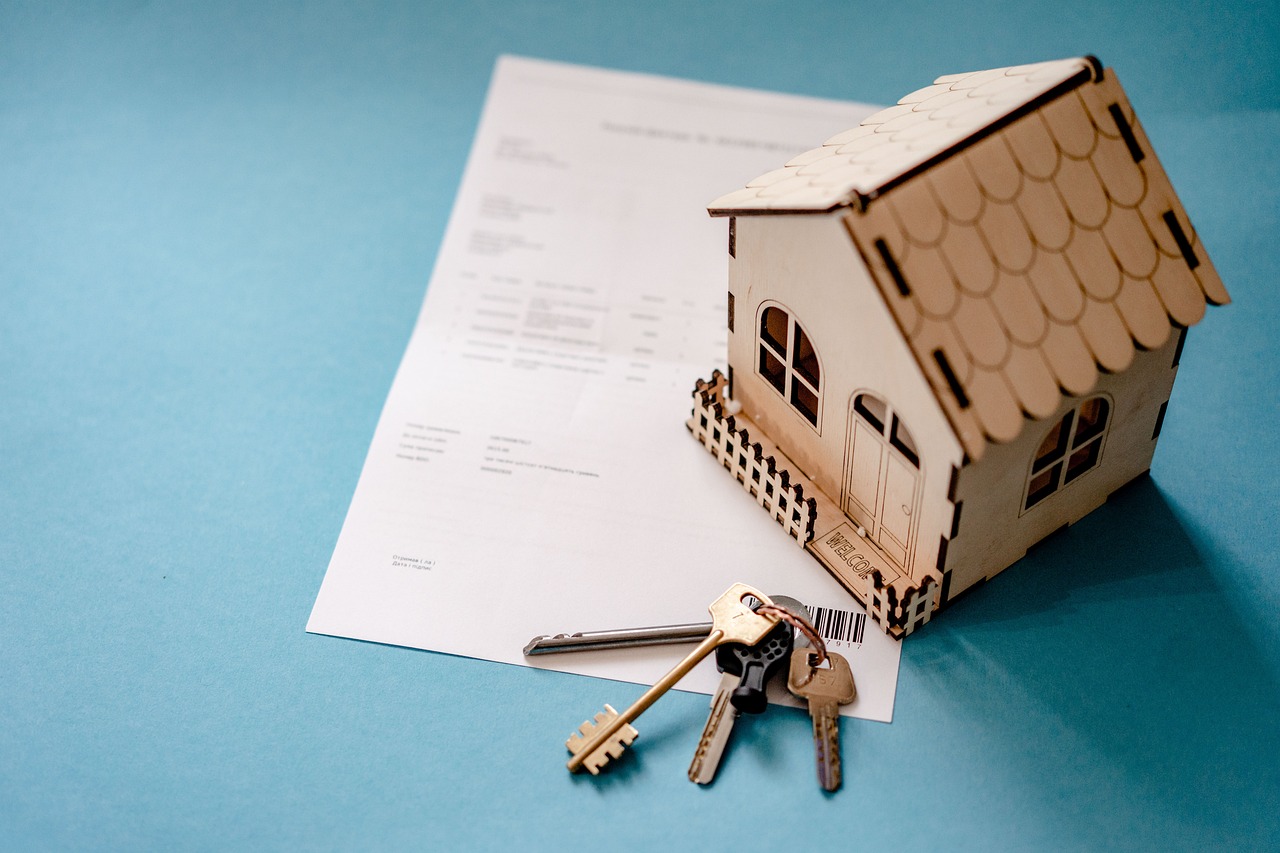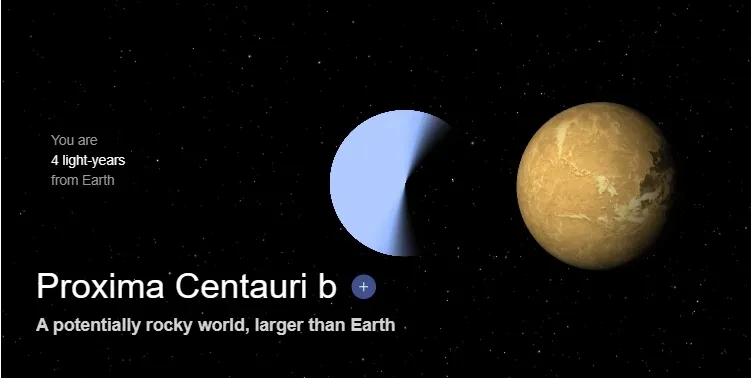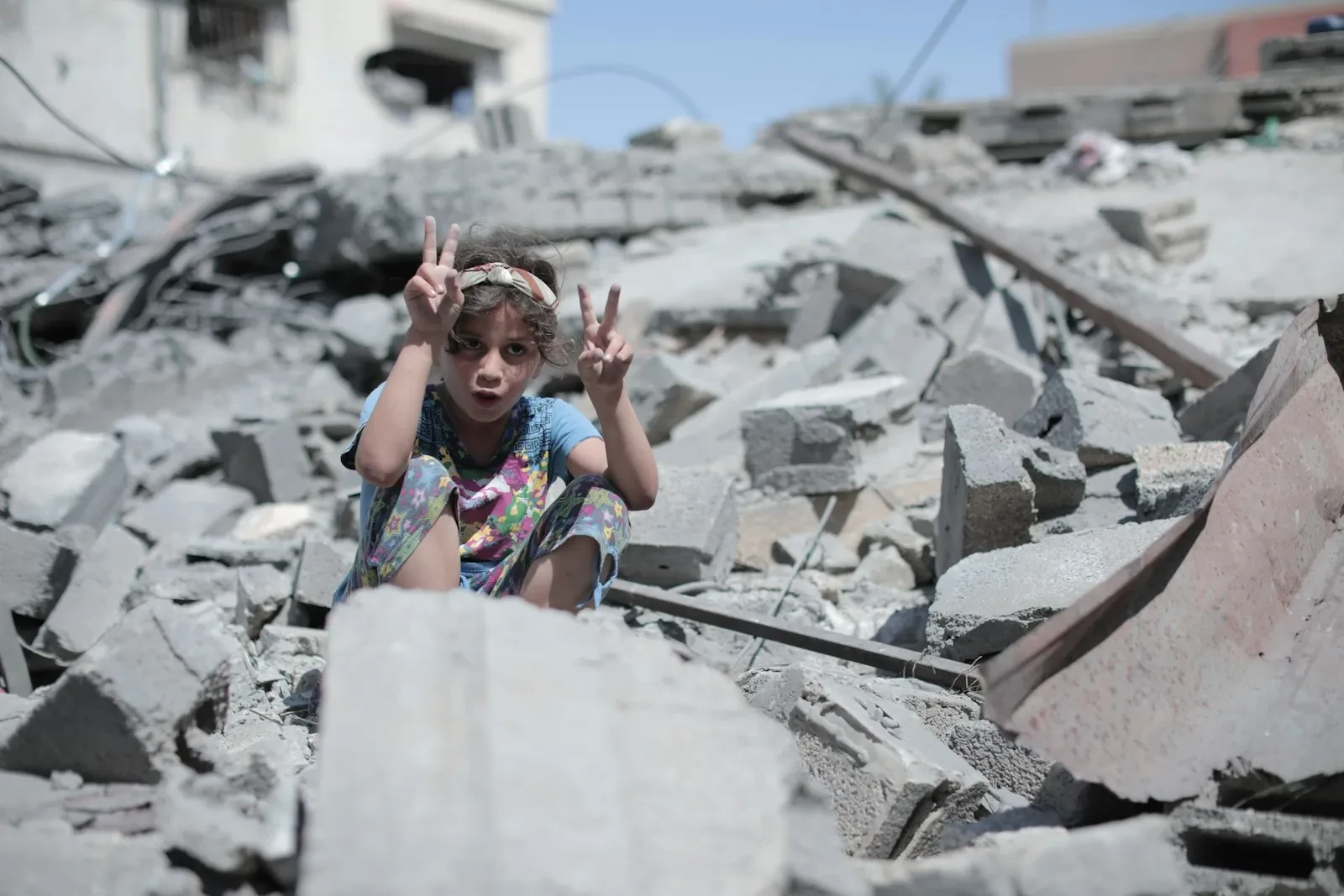jlk – Property. A word that we often hear, read, or utter in our daily lives. A word that becomes a dream for many people, especially in this digital era.
A word that serves as a source of wealth, pride, or even conflict. But what is the actual meaning of the word “property”? Have we truly understood the meaning and usage of this word correctly?
Property: Wealth or Goods?
According to the Great Indonesian Dictionary (KBBI), property is wealth in the form of land and buildings as well as facilities and infrastructure that are inseparable parts of the land and/or buildings in question.
Property can also mean land ownership and buildings. From this definition, we can conclude that property is something related to land and buildings, both as wealth and as goods.
However, does this definition encompass all meanings and uses of the word “property”? Certainly not.
Property can also have other meanings, depending on the context and related fields. For example, in the field of performing arts, property refers to objects used to support scenes or atmospheres in a performance.
In the field of law, property is someone’s or a legal entity’s ownership rights over something that can be valued in terms of money. In the field of information technology, property is the attribute or characteristic of an object, class, or element.
From the above examples, we can see that property does not always mean wealth or goods. Property can also mean objects, rights, or attributes.
Property can also take abstract forms, such as ideas, concepts, or information. Property can also be variable, depending on the situation, needs, or goals.
Property: Dream or Problem?
Property is often considered as one of the indicators of someone’s success or well-being. Many people dream of owning property, whether for living, investment, or business purposes.
Property is also often used as a measure of social status, prestige, or power. Property is also frequently used as a source of income, whether through rent, buying and selling, or development.
However, property can also become a source of problems, both for owners, users, and society. Property can be the target of theft, confiscation, or fraud. Property can become a subject of dispute, whether between individuals, families, or groups.
Property can be a cause of environmental damage, whether through construction, use, or disposal. Property can be a factor of inequality, whether economically, socially, or politically.
From the examples above, we can see that property does not always mean a dream or a problem. Property can also mean opportunities, responsibilities, or challenges. Property can also have positive, negative, or neutral impacts, depending on the manner, intentions, or consequences.
Property: What and How?
From the above discussion, we can conclude that property is a word that has diverse meanings and uses, depending on the context and related fields.
Property is a word that has varying values and impacts, depending on the manner, intentions, or consequences. Property is a word that carries balanced potentials and risks, depending on the opportunities, responsibilities, or challenges.
So, how should we understand and use the word “property”? Should we consider property as wealth or goods? Should we perceive property as a dream or a problem? Should we regard property as what or how?
The answer is: it depends. It depends on what we want, need, or expect from property. It depends on what we do, give, or receive from property. It depends on what we feel, think, or consider about property.
Property is a word that cannot be understood or used arbitrarily. Property is a word that requires knowledge, skills, and the right attitude. Property is a word that demands wisdom, caution, and justice.
Property is not just about what, but also about how. How we acquire, manage, or dispose of property. How we enjoy, utilize, or share property. How we maintain, care for, or improve property.
Property is not just about us, but also about others. Others who also own, use, or need property. Others who also have rights, interests, or responsibilities regarding property.
Property is not just about now, but also about later. Later that will come, change, or end. Later that will bring opportunities, challenges, or consequences. Later that will determine the fate, direction, or purpose.
Property is not just about words, but also about actions. Actions that reflect understanding, usage, or meaning of property. Actions that show the value, impact, or potential of property. Actions that measure the quality, quantity, or balance of property.
Property is not just about property, but also about us. Us who own, use, or need property. Us who have rights, interests, or responsibilities regarding property. Us who are affected, involved, or dependent on property.
Property is not just about us, but also about property. Property that owns, uses, or needs us. Property that has rights, interests, or responsibilities regarding us. Property that is affected, involved, or dependent on us.
Property is not just about property, but also about us. Us and property. Property and us. What and how. How and what. That is the meaning of the word “property.” So it goes, folks…!!












